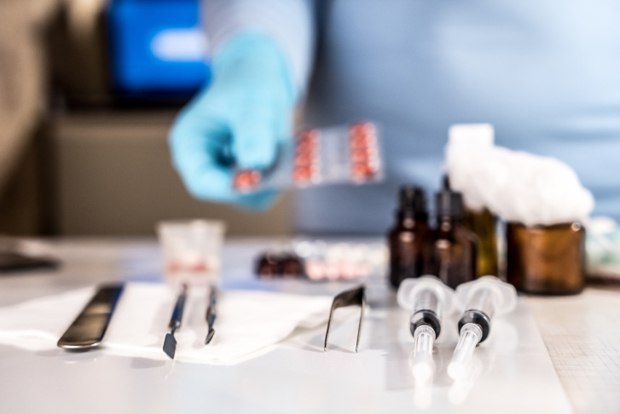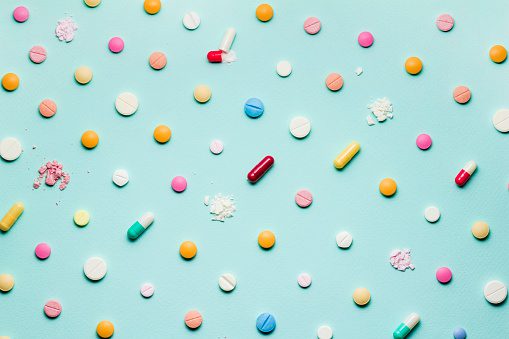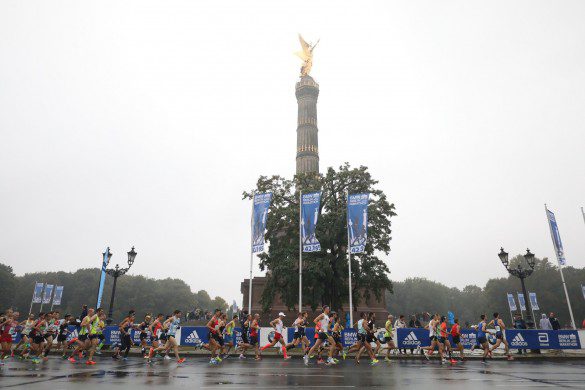Drug testing significantly reduced due to COVID-19
For athletes, limited (if any) facilities and lack of testing is one hurdle to jump, but a lack of consistent testing is arguably an even bigger one

On Thursday, the CCES (Canadian Centre for Ethics in Sport) announced that it would be limiting drug testing in the coming weeks, due to COVID-19. “In light of the latest national and regional government directives and measures to reduce the spread of COVID-19, the CCES will significantly reduce testing operations to protect the health and well-being of athletes and sample collection personnel.”

RELATED: Facing quarantine, Canadians want to exercise
For athletes, limited (if any) facilities to train in is a hurdle, but a lack of consistent testing is arguably an even bigger one. Drug testing is a measure that keeps athletes accountable and honest. There are two types of tests, in-competition and out-of-competition. Out-of-competition tests have been reduced, and in-competition tests have been completely eliminated for the time being, due to the empty race calendar.
I feel nothing but sympathy for the atheltes who aren’t privileged, like I am. I’m in solid place in my career where I can manage to stay strong and compete well even with extremely modified training tools. But what about the other 95%?
— Sandi Morris, OLY?? (@sandicheekspv) March 20, 2020
Olympic hopefuls are facing a difficult situation–they’ve been told by the IOC to train as they normally would, for a Games that will happen, but they’ve also been told by their governments to not use facilities and to stay six metres away from one another. It’s not easy to train normally without facilities.

This could be a questionable fall
The fall racing schedule is packed with big events. With five world majors scheduled within weeks of each other, and a possible Olympics, there’s a lot of prize money on the line. With several months of unsupervised training and no races to run, this base-building phase is certainly an opportunity to cheat, for those who are inclined.
RELATED: The new fall racing schedule
Cheating on the rise
The biological passport was introduced to elite track and field in 2011 to catch cheaters by monitoring changes in their blood samples (which can catch blood doping, the practice of boosting red blood cells for improved athletic performance). A research article in Frontiers in Physiology looked at a total of 3,683 blood samples from the 2011 and 2013 World Championships and analyzed the data on athletes from 209 countries.

The study found are massive discrepancies between countries, meaning that some countries are playing by the rules and others aren’t even making an effort. While the section that compared nations’ rates of doping doesn’t identify these countries by name, it’s clear that elite sport is far from a level playing field. Some nations had a completely clean card, with none of their athletes showing blood doping on their biological passport, while other countries were hitting numbers as high at 74 per cent showing infractions. This was the first study of its kind on blood doping.
While NSOs are doing they best they can, given the circumstances, it’s increasingly difficult to enforce the rules. This disadvantages the hard-working clean athletes and serves those who cheat.
RELATED: The shockingly high prevalence of blood doping in endurance track events


